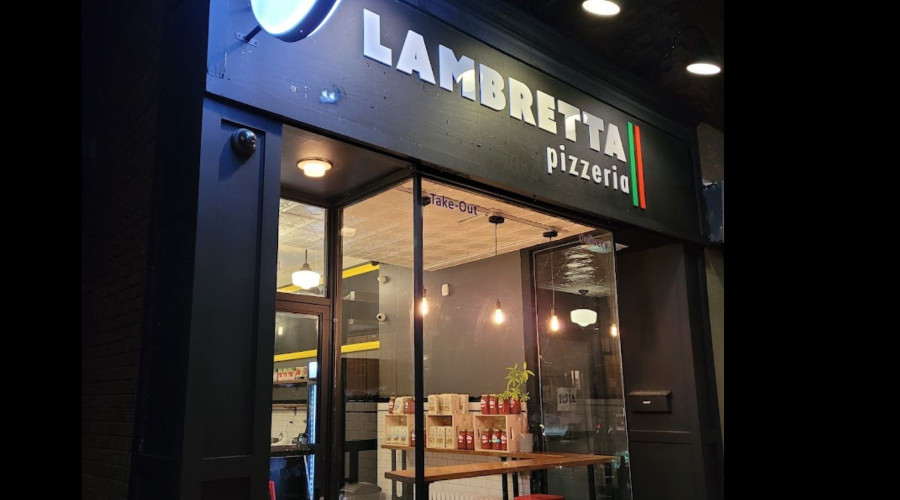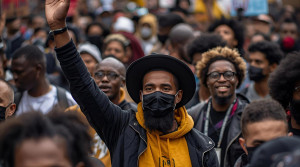After a one-day hearing, the Tribunal agreed with her and decided that Broznya did discriminate against her, but she only received $250 in damages.
So what happened?
According to the claim, Cooper said that Broznya, “Consistently assigned her the dirtiest and most undesirable tasks. She observed that he would often delay assigning these duties until her shifts, despite the availability of other employees earlier in the week.”
Cooper also said that one time Brozyna told her to “go back to work, slave”.
Broznya denied making the “slave” comment. When he first wrote his defence, he did not mention the “slave” comment at all. But when the case went to trial, he changed his story. He told the Tribunal that he did say “slave,” but it was not directed towards Cooper.
Broznya also told the Tribunal that he and Cooper had a friendly relationship and denied treating her differently from other employees.
When the “slave” comment happened, Cooper contacted her manager, who immediately contacted the restaurant's owner, Celina Blanchard. Blanchard says she took Cooper’s complaint seriously and called Broznya to find out what happened. Broznya told her he used the word “slave” referring to himself at the Pride parade, where he joked about being "on a leash" as part of the event. He argued that his sexual orientation made it unlikely for him to engage in discriminatory behaviour.
Blanchard wrote him a disciplinary letter. Blanchard also emailed and texted Cooper to discuss the issue further, but Cooper claimed she never got the messages. Cooper never went back to work at Lambretta again.
Many cases in front of the Tribunal (and many other courtrooms) turn into a “he said, she said” situation, where the person making the claim has to prove that it is more likely than not that discrimination happened. That is called the “balance of probabilities” test.
The Tribunal can decide whether to believe one person or another, or somewhere in between. In this case, the Tribunal did not fully believe either Cooper or Broznya’s story.
After not initially mentioning saying “slave” in his defence, Broznya admitted to using the word “slave” but said it wasn’t directed at Cooper. The Tribunal also found out that some of Cooper’s original claims weren’t true, like when she said she was the only Black dishwasher, when she wasn’t actually. She also acknowledged during her oral testimony that aside from the “slave comment”, she never heard Mr. Brozyna make any other racial remarks toward her or any other employees.
{https://x.com/selwynpieters/status/1899522041533124684}
One of the most important parts of the decision was how management handled the situation. When Cooper complained about the comment, Blanchard took it seriously and tried to figure out what happened. The Tribunal actually saw it as a bad thing for Cooper that she didn’t respond to Blanchard's messages and did not return to work to give Lambretta’s staff a chance to do a full investigation.
Ultimately, the Tribunal ruled that Cooper didn’t prove, on the “balance of probabilities,” that Broznya had a pattern of racism against her. Everyone agreed that the word “slave” was used, which the Tribunal called “inappropriate,” but there wasn’t enough evidence to show that this one comment had a “lasting or significant impact” on Cooper’s workplace experience.
The final ruling? Broznya had to pay Cooper $250 because his comment violated the Human Rights Code. The amount was so small because the payment was only for a single comment, and there was not enough proof to show that Broznya actually called Cooper a slave. Also, because Lambretta took Cooper’s complaint seriously, the Tribunal did not order them to pay any money.
So what is the takeaway?
Discrimination cases can be tough to prove, especially when it comes down to one person’s word against another’s. This case shows how important it is to have solid evidence and to follow up when reporting discrimination. It is possible that things may have turned out differently if Cooper had worked with Lambretta to get to the bottom of it, but at the same time, the experience was likely traumatizing for her, so it is understandable why she didn’t.







